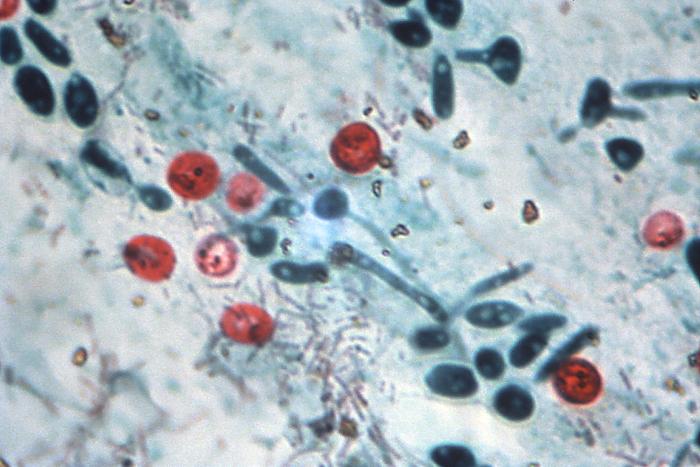Health officials with the Cerro Gordo County Department of Public Health announced today of several lab-confirmed cases of the parasitic infection, Cryptosporidiosis.

“Cryptosporidium, or Crypto is highly contagious and the parasite is hard to kill, Environmental Health Service Manager Brian Hanft noted in a press statement.”We want to provide the public with helpful prevention tips to lessen the spread of the illness in our area.”
Crypto is a disease that spreads easily in households, child-care settings and through swimming in contaminated water. Crypto is a parasitic disease that can cause loose, watery diarrhea, stomach cramps, nausea, vomiting and slight fever.
Cryptosporidium is often spread by hands contaminated with feces during toilet use or diaper-changing. From the hands, it can spread to surfaces, toys and food. It also spreads easily in water, including chlorinated swimming pools.
When the cysts are swallowed, the person becomes infected.
Cerro Gordo County Department of Public Health offers the following tips to prevent the spread of the parasite:
- Always wash hands with soap and water before handling food, eating, after using the toilet, after changing diapers and after handling animals — particularly cattle.
- Use 3 percent hydrogen peroxide to clean common surface areas within the home if someone in it has been diagnosed with Crypto. (Crypto is resistant to bleach).
- Do not send children with diarrhea to daycare until it has subsided.
- If you are showing symptoms, do not go to swimming pools or aquatic facilities while ill and for at least two weeks after symptoms subside.
- People should not prepare food while showing symptoms.
Hanft states, “If you or your children are experiencing crypto symptoms like watery diarrhea, please do not use area swimming pools and do not send your children to day care”.
Related:


One thought on “Iowa: Cryptosporidium cases reported in the Mason City area”